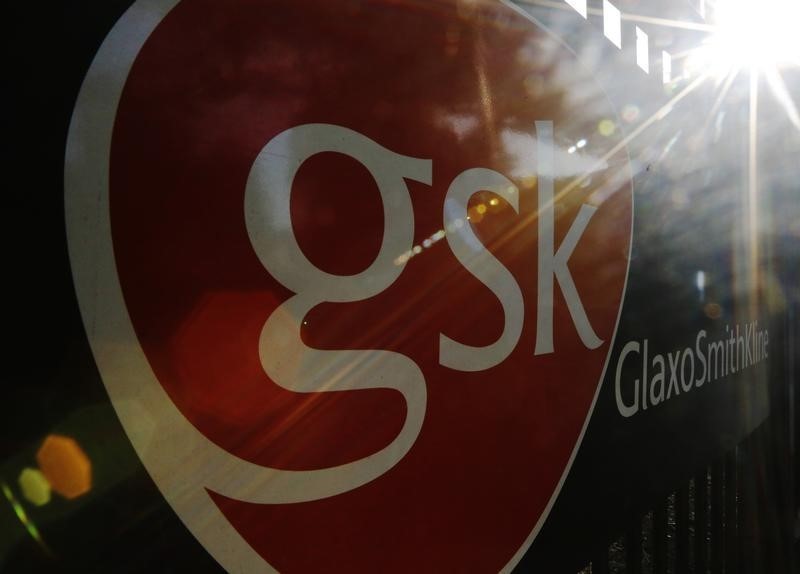By Ben Hirschler
DAVOS, Switzerland (Reuters) - GlaxoSmithKline's (L:GSK) chief executive, under pressure from some investors to break up the group, said on Thursday the drugmaker's large consumer healthcare unit had the potential to be a standalone unit at some stage.
"For the first time at GSK we have created a business which has the potential to be of sufficient scale that you could imagine that one day it could be separate," Andrew Witty told Reuters on the sidelines of the World Economic Forum in Davos.
Witty's readiness to consider options for the consumer unit is not new. He said last January that the idea of it becoming a separate operation was "more tenable", following the creation of a joint venture (JV) with Novartis (VX:NOVN).
But the issue has come to the fore again after a high-profile call by Neil Woodford, founder of Woodford Investment Management, for the drugmaker to be split up in order to make it more focused.
Witty stressed that nothing was planned in the near term for the unit, which sells Sensodyne toothpaste and a range of over-counter-counter remedies, including the painkillers Voltaren and Panadol.
GSK formed its consumer healthcare JV with Novartis in 2015 and the Swiss drugmaker has an option to sell its stake to GSK after three years. GSK has a controlling 63.5 percent interest in the venture.
Witty said GSK was now one year into a two to three year process of integrating Novartis' products into the JV and boosting the profitability of the business.
"We are well on the way and at the end of that journey it gives us options," he said. "I think it is the right thing for us to be talking about. It requires a certain level of acceptance of the uncertain - we are not giving you a definite 'Yes' or 'No'."

There are no plans to spin off either GSK's vaccines unit or its HIV medicines business, Witty added. GSK had considered an initial public offering for the HIV unit but ditched the idea last year.